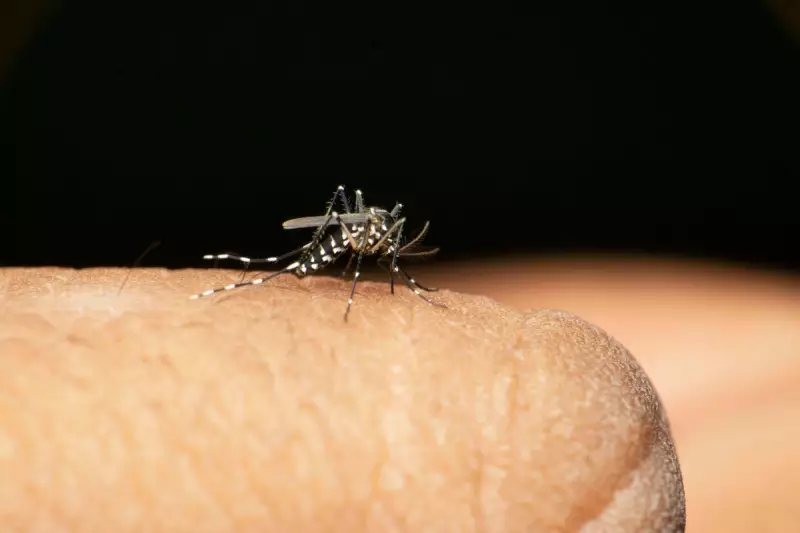
A formidable new threat is emerging in the fight against malaria across Africa, scientists have warned. A species of mosquito, Anopheles funestus, is evolving into a highly efficient 'super' malaria vector, spreading rapidly and threatening to reverse decades of hard-won progress.
Unlike its more common cousin, Anopheles gambiae, this particular mosquito is exceptionally adept at transmitting the deadly malaria parasite. Its spread represents a significant and alarming escalation in the public health battle.
Why This Mosquito Poses a Grave Danger
The Anopheles funestus species is causing profound concern for several key reasons:
- Superior Survival Skills: It is highly resistant to the insecticides used on bed nets and for indoor spraying, the current primary methods of control.
- Adaptable Behaviour: It thrives in a variety of environments and has adapted to bite outdoors and in the daytime, making traditional protective measures less effective.
- Rapid Spread: Researchers have tracked its movement from isolated pockets to widespread regions across Africa, carried unknowingly by human transport.
A Setback for Global Health Efforts
This development could severely undermine the massive global effort that has successfully reduced malaria cases and saved millions of lives over the past twenty years. Health officials fear a potential surge in infections, particularly among vulnerable children and pregnant women.
The scientific community is calling for an urgent and strategic response. Simply doing more of the same will not be enough to combat this new strain of mosquito.
The Path Forward: A New Strategy Needed
Combating this new threat requires innovation and renewed investment. Experts are emphasising the need for:
- Enhanced Genomic Surveillance: To track the mosquito's evolution and spread in real-time.
- Development of New Insecticides: Creating a new generation of tools to which the mosquitoes are not yet resistant.
- Novel Control Methods: Exploring advanced techniques, including genetic technologies, to target this specific species.
The emergence of Anopheles funestus as a primary malaria vector is a stark reminder that infectious diseases are constantly evolving. The global health community now faces a critical race against time to adapt and overcome this new challenge.





